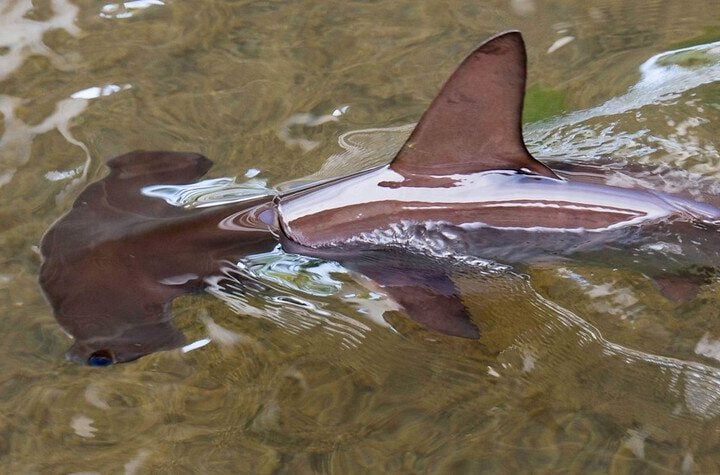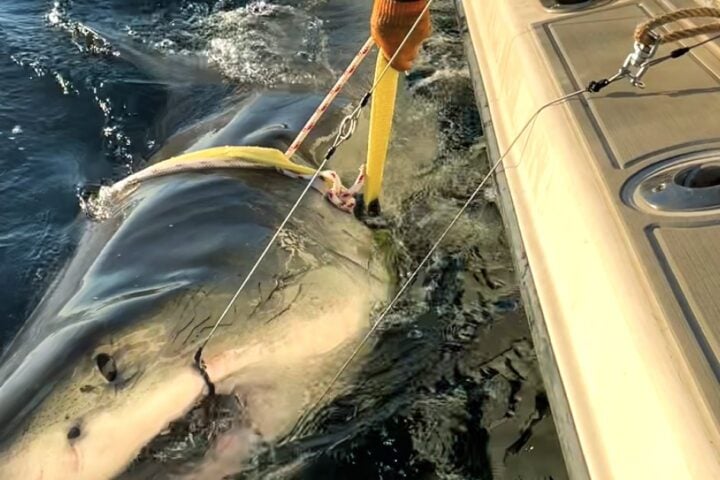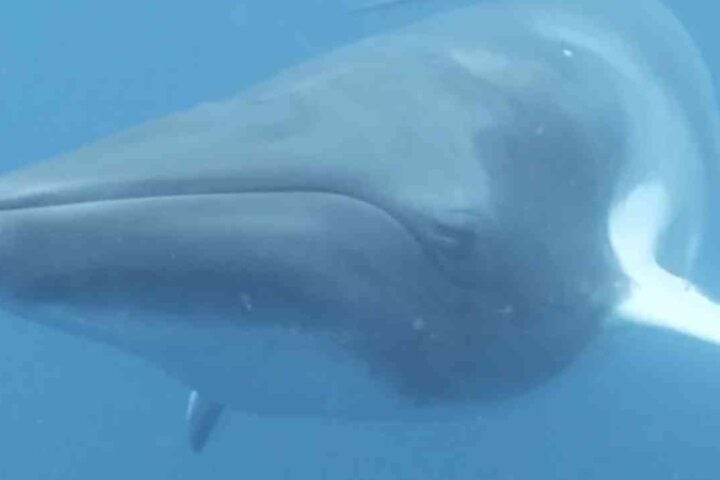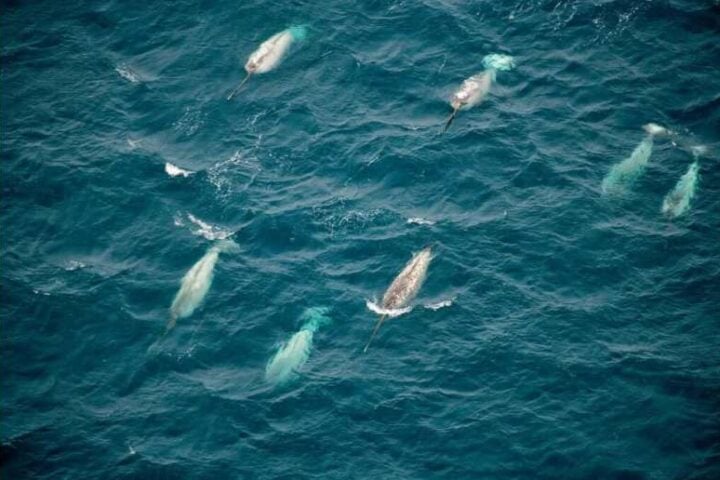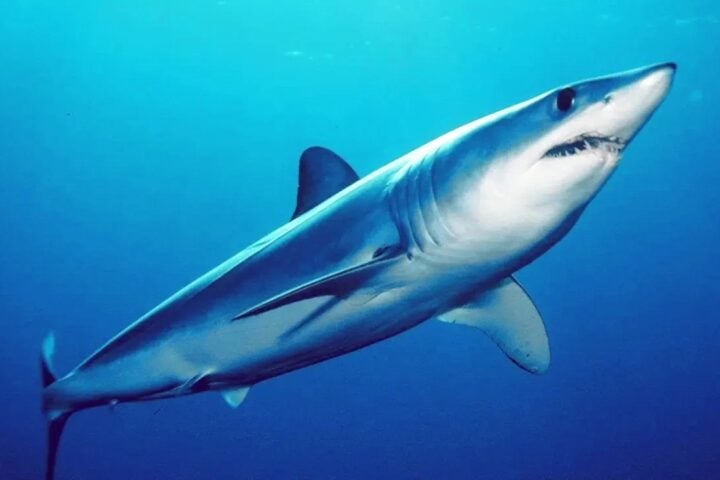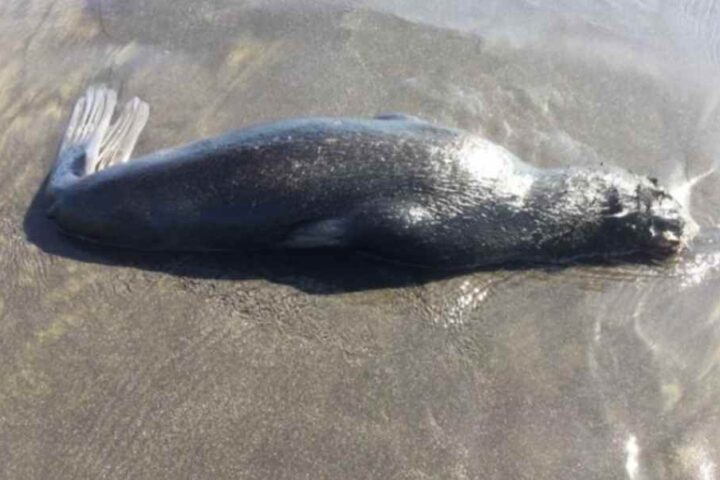The Kanaloa Octopus Farm in Hawaii was recently issued a cease-and-desist letter by Hawaii’s Division of Aquatic Resources for possessing and breeding regulated species of aquatic life without the required permits. The farm offers visitors the opportunity to touch a wild-caught day octopus for $60. The animals are kept in separate, opaque tanks until they die. The farm denies working with day octopuses that are under one pound, but facility manager Dan Jackson claimed they are breeding octopuses successfully from juvenile sizes of less than one gram, which contradicts the farm’s claims. In addition, the farm is not allowed to possess individual day octopuses under one pound taken from within the West Hawaii Regional Fishery Management Area without a permit. The Kanaloa Octopus Farm has come under criticism from animal rights activists and octopus researchers for its treatment of the day octopus, which is confined for life to entertain humans.
The Kanaloa Octopus Farm’s goal is to breed day octopuses, which are not endangered, so that wildlife officials across the globe can restock them if populations decrease. However, commercial octopus farms have yet to close the life cycle of potentially commercially productive captive octopuses. Although viable larvae have been produced from eggs fertilized in captivity, these farms have not been able to keep small octopuses living beyond 13 days.
Madison Rice, a spokesperson for the state, said that the farm’s owner, Jacob Conroy, will have to apply for a “special activities” permit to continue operating with live octopuses. This permit allows a person to “take (or possess) aquatic life … otherwise prohibited by law … for scientific, educational, management, or propagation purposes.” Neilson, the administrator of Hawaii’s Division of Aquatic Resources, warns that there is no guarantee the application for the permit will be approved.
The Kanaloa Octopus Farm is closed to the public, despite its name. The facility claims to be a research center and denies raising octopuses for food. However, the farm charges visitors to interact with the animals, prompting critics to view it as a petting zoo that confines wild-caught animals for life to entertain humans.
In conclusion, the Kanaloa Octopus Farm has been ordered to cease and desist non-permitted operations. The facility charges visitors $60 to touch wild-caught day octopuses, which are kept in separate tanks until they die. Although the farm’s goal is to breed day octopuses, commercial octopus farms have yet to close the life cycle of potentially commercially productive captive octopuses. The farm’s owner will have to apply for a special activities permit to continue operating with live octopuses, but there is no guarantee that the permit will be approved. Critics view the farm as a petting zoo that confines wild-caught animals for life to entertain humans.
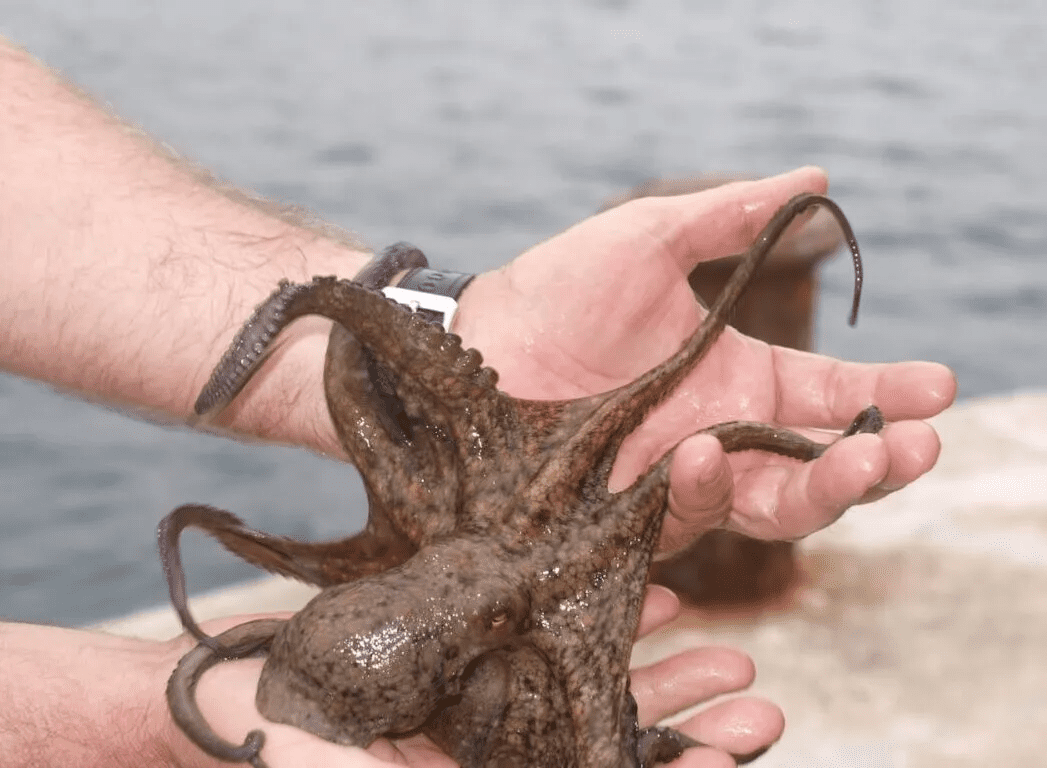

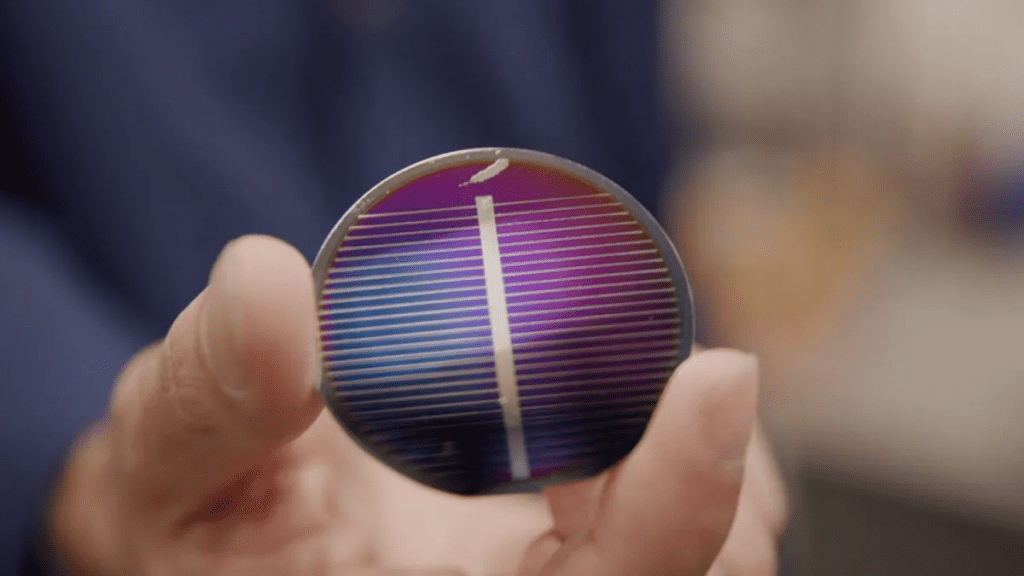
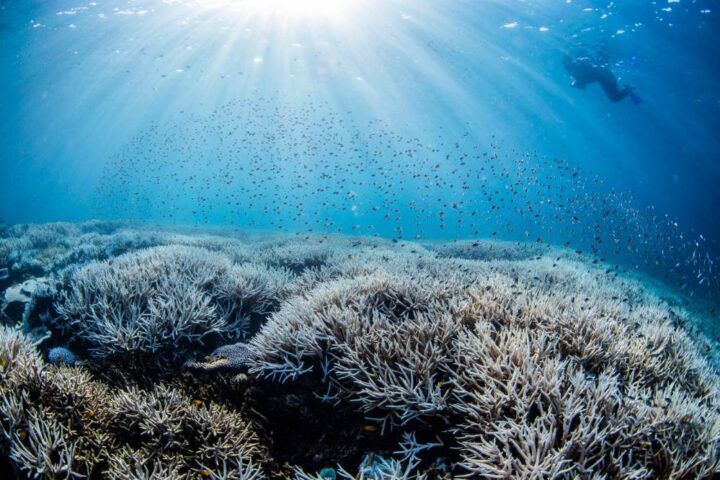
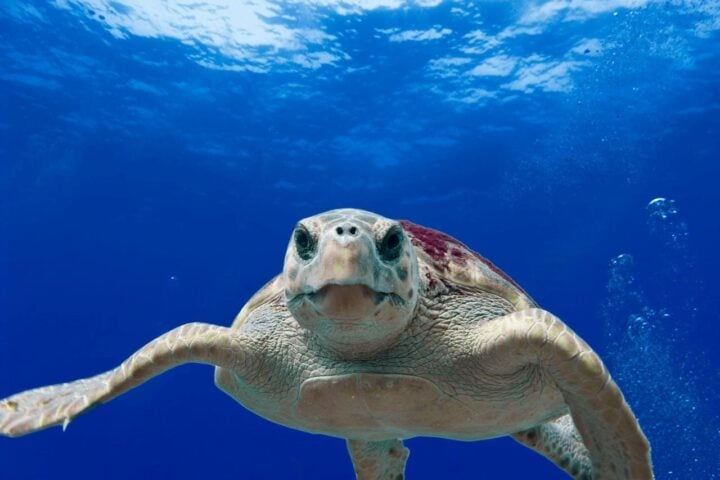
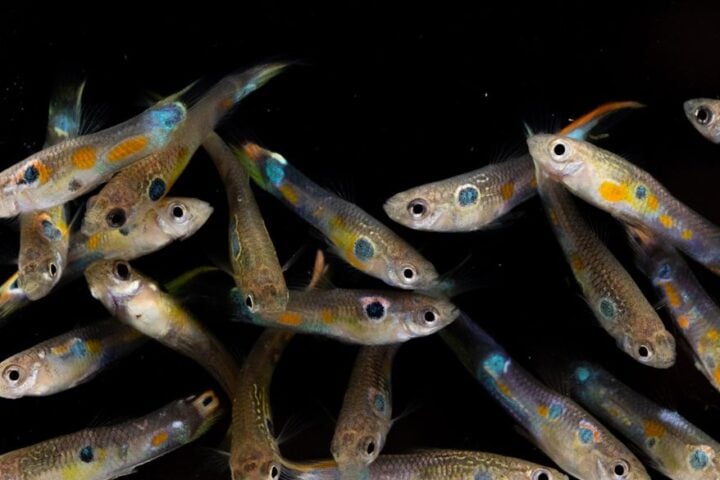
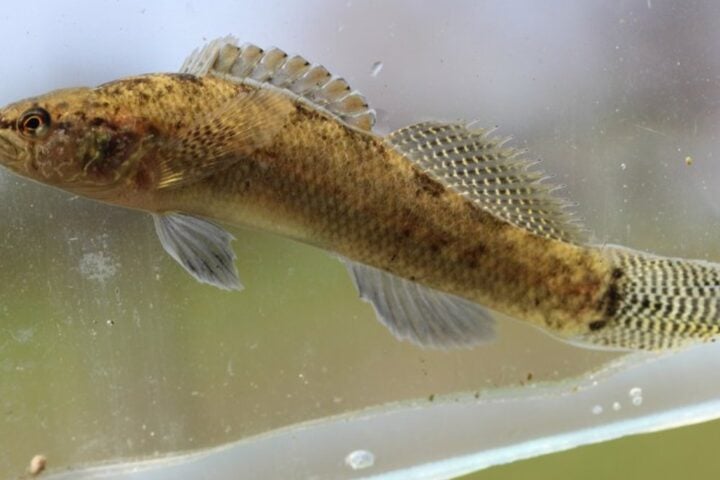
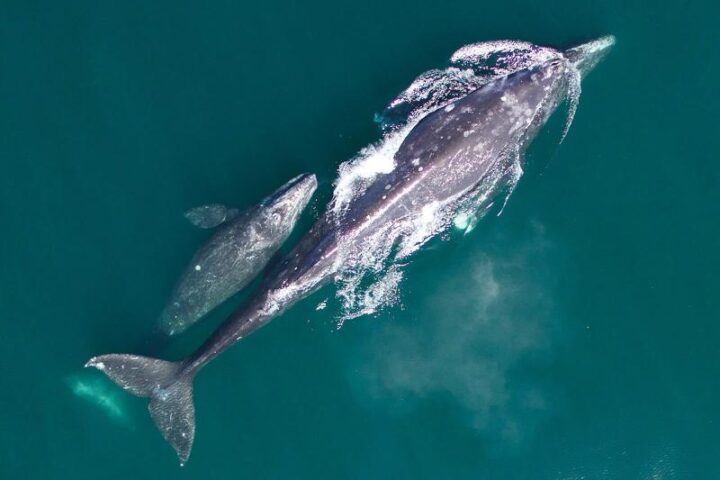
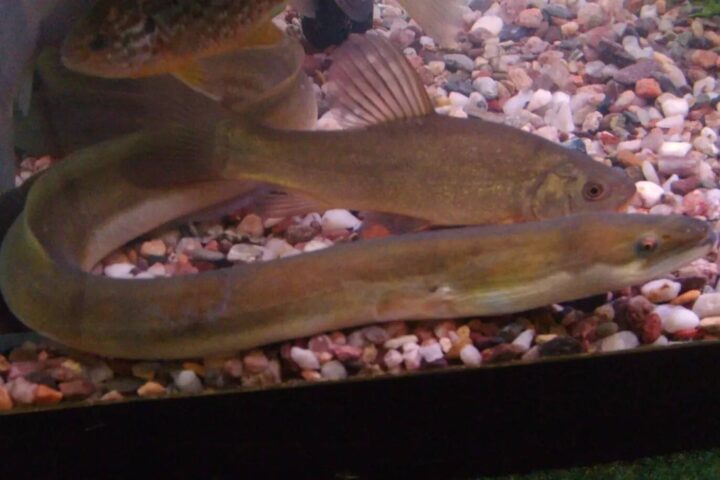
![A male [[Great white shark]] off [[Isla Guadalupe]], [[Mexico]]. Along with many [[Mackerel scad|Mackarel scads]] seen in the background. Photo Source- Terry Goss (CC BY-SA 3.0)](https://www.karmactive.com/wp-content/uploads/2025/06/White_shark-720x480.jpg)
